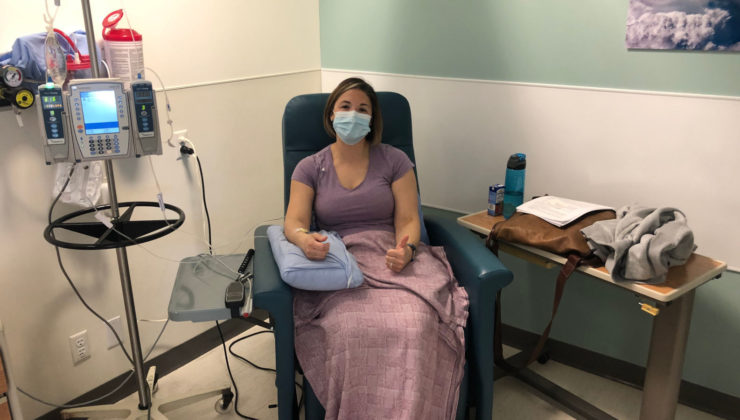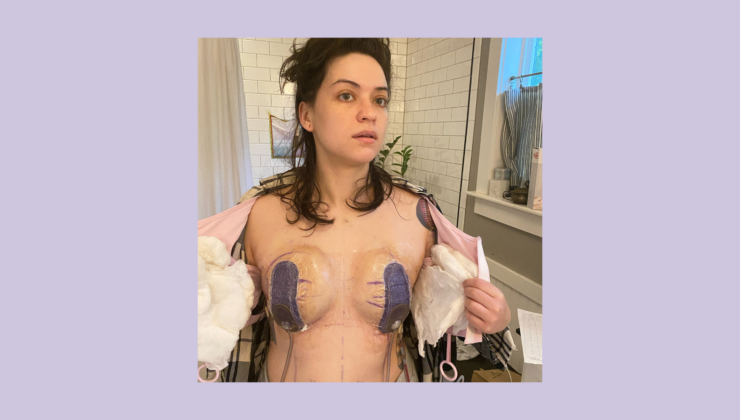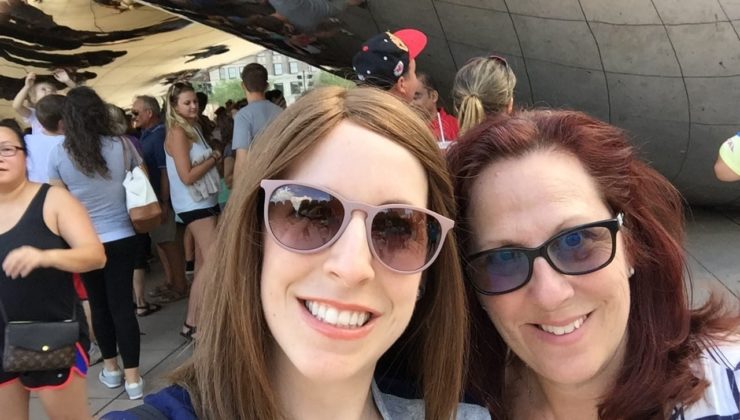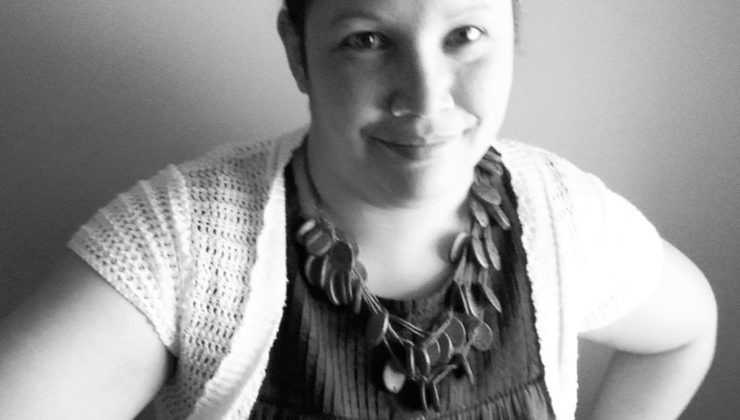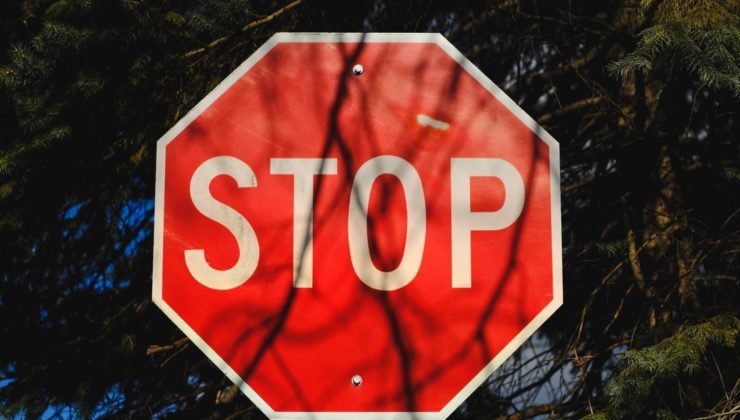Risky Business

The run-down on risk
There are several factors that can affect our lifetime risk of developing breast cancer. There are some things we can change, such as exercise, healthy diet and body weight which have been shown to reduce your lifetime risk of breast cancer. But some things, we unfortunately can’t change, like being a woman, growing older, or the genes we inherit.
So, what are all the risks?
Genetic factors
Over the past decades, two breast cancer susceptibility genes have been discovered and characterized: BRCA-1 and BRCA-2. Women who carry a mutation in either of these genes have a 40%-85% chance of developing breast cancer in their lifetime, are more likely to develop breast cancer at a younger age (before menopause), and often have multiple family members with the disease. These genetic mutations also increase a woman’s risk of ovarian cancer. In addition, high bone density and dense breast tissue increase personal lifetime risk. If you are concerned about your genetic risk, talk to your doctor to learn more about your eligibility for genetic testing.
Family history
Most women who have breast cancer do not have breast cancer in their family history. However, women with close relatives who’ve had breast cancer have a higher risk of developing the disease themselves. If you’ve had one first-degree female relative (sister, mother, daughter) diagnosed with breast cancer, your lifetime risk is doubled. It is also important to know your family history of cancer on your father’s side too. If you’re unsure about your family’s medical history – ask! It’s always a good idea to know where you come from (and filling in the branches on your family tree makes for a great rainy day activity).
Exposure to radiation
Women who have undergone radiation treatment to the chest, neck and armpit area are at a higher risk for breast cancer. This risk factor is particularly evident in women who were treated for Hodgkin’s lymphoma when they were younger. If you were treated with radiation before age 30, chat with your doctor about your potential risk for breast cancer.
Lifestyle & environmental factors
Healthy lifestyle behaviours are recommended to reduce lifetime cancer risk and overall mortality, with studies showing that 1/3 of cancers are linked to lifestyle behaviours and environment. Rethink encourages young women to reduce their lifetime risk of breast cancer by being regularly physically active, maintaining a healthy weight and nutritious diet, limiting alcohol intake, and exercising caution when it comes to chemical exposure through personal care and household products.
While the link of absolute risk between chemicals and breast cancer has not been established, Rethink Breast Cancer recommends young women exercise caution around chemicals rather than wait for definitive proof. The Environmental Working Group has produced a list of “The Dirty Dozen” – fruits and veggies that have the most chemicals and pesticides when conventionally grown, and “The Clean 15” – those that are most free of harmful contaminates. Use these lists whenever availability and budget allow. Check out www.ewg.org for more information.
Another place to be cautious of chemical exposure is in our cosmetic and personal care products. Rethink recommends that women buy products that are made without fragrances, hormones and preservatives. Canada’s Environmental Defence is a good resource for information, and they have outlined a list of the top “Toxic Ten” products to avoid when shopping. Lastly, Rethink Breast Cancer recommends using green or organic cleaners and household supplies that are safer for you and better for the environment. Check out www.toxicnation.ca/guides for tips on reducing toxins in your body and home.
To learn more, check out Rethink’s full risk reduction run-down. And click here to learn more about heightened lifetime risk for breast cancer, the High Risk Project, and to watch the trailer for Rethink’s “High Risk: A Rethink Breast Cancer Film”.
What you need to know:
- Educate yourself and speak to your doctor about your own personal risk factors
- Know your family history
- Take steps to reduce your lifetime risk – maintain a healthy lifestyle, stay fit, avoid harmful chemicals whenever possible in food and personal products, and limit alcohol intake
We all have our own personal risk factors. Know yours.

